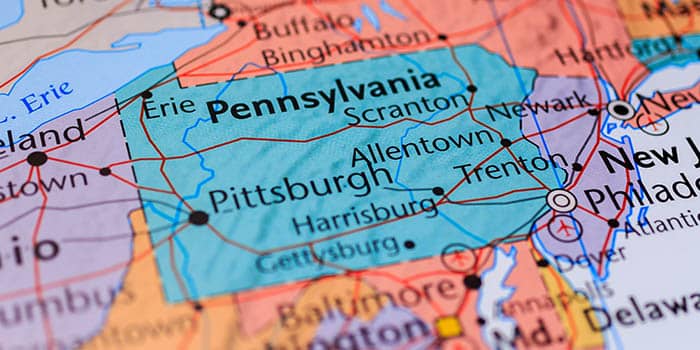In addition to penalizing operators, the regulator also imposed a ban on five customers who had left their children unattended while gambling at state casinos. As the state’s gambling industry continues to record steady growth, instances of minor offenses like these are expected. The implementation of fines is just one way to ensure casinos remain compliant with the law, upholding a secure and transparent environment for their patrons.
Detected Infringements Were Comparatively Minor
Within its supervisory remit, the PGCB continually conducts inspections and probes to ensure dutiful compliance with licensing statutes and gambling rulings. In their most recent evaluation, two establishments were found to have contravened the responsible gambling guidelines. The PGCB swiftly imposed penalties as a signal for other operators to uphold the authenticity of the gaming industry.
Mountainview Thoroughbred Racing Association, the administrators of Hollywood Casino, was penalized $78,000 due to insufficient minimum security staffing levels. Concurrently, TCS John Huxley, a prominent provider of live gaming services, was imposed a $22,350 fine due to licensing infractions. Each of these penalties is proportionate to the severity of the violation, serving as deterrence against future noncompliance.
Following negotiations, both organizations have conceded to the fines, reflective of PGCB’s cooperative stance. Five persons also attracted the regulatory body’s disapproval for neglecting children in cars to gamble. PGCB responded by placing these offenders on the Involuntary Exclusion List, consequently barring them from all state-run casinos.
Pennsylvania Continues to Encounter Regulatory Obstacles
PGCB’s resolve to enforce penalties, even in relatively minor infringements, underscores the body’s dedication to affirming the probity of Pennsylvania’s gambling domain. State operators, recording improved revenues, contributed $195.7 million in taxes in April. Such funds are paramount in supporting various initiatives aimed at combating gambling-associated harm and providing aid to communities in need.
Despite relatively high compliance among the gambling operators, Pennsylvania continues to grapple with adequately regulating the pervasiveness of skill video games. Proposed legislative measures aim at imposing stringent rules and fitting taxation, potentially contributing approx $300 million to the state’s revenue. This action aims to curb illicit gambling and continue to provide the essential supplementary income necessary for small businesses.
In essence, Pennsylvania’s regulatory environment appears relatively stable, with the bulk of operators dutifully adhering to the state’s gaming policies. Once the PGCB brings skill games under its jurisdiction, the body will have total oversight over all gaming facets within the state, ensuring sufficient consumer safeguards.







